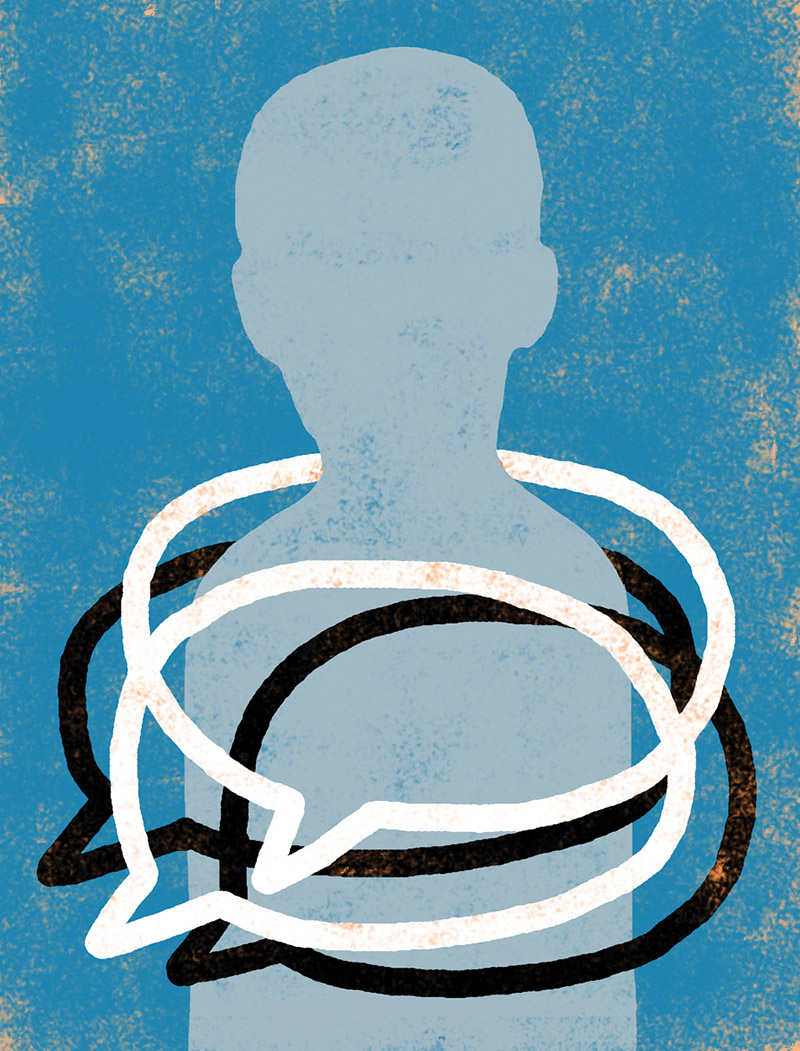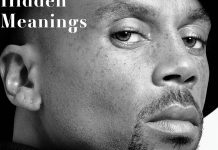
Much of Jim Grimsley’s life has made its way into his writing. His novels “Winter Birds,” “My Drowning,” and “Comfort & Joy” feature a literary alter ego who—like the author—grew up poor in rural North Carolina, suffered from an abusive father and hemophilia, and came out as gay while a young man. But in his new memoir, “How I Shed My Skin: Unlearning the Racist Lessons of a Southern Childhood” (Algonquin Books), he drops the protective shell of fiction to revisit a pivotal chapter in the lives of many Southern children in the 1960s. Grimsley was 11 years old in 1966 when his school admitted its first black students after a federal mandate forced integration. “White people declared that the South would rise again,” Grimsley writes. “Black people raised a fist . . . Somehow we [children] negotiated a space between those poles and learned to sit in classrooms together.”
Grimsley, now 59 and a professor at Emory University, says he is braced for the difficult discussions he hopes his memoir will spark. “I can’t do a lot of preaching,” he says. “The thing that I can contribute is testimony.”
“It is easy to see racism in the violent events, in lynchings and beatings, in rapes and other acts of terror,” he writes. “It is easy, too, to pretend that we are not racist if we did not take part in such overt acts. But I was taught to believe in white superiority in small ways, by gentle people, who believed themselves to be sharing God’s own truth.” Like Jim Auchmutey’s “The Class of ’65,” Grimsley’s eloquent, moving meditation is a welcome addition to our constant, ever-evolving conversation on race.
Jim Grimsley on . . .
 The N-word
The N-word
That word was all over my childhood, from good and bad people. Church ladies might not use it, but their husbands would.
Denial of the past
White people are crazy on this issue. You hear people still, after all these decades, justifying slavery: “It wasn’t that bad,” or “There were good masters . . .” The bottom line is, would you sell your children?
The limits of memory
When I read David Sedaris, I think, “This is funny, but I don’t believe a word of it.” Nobody remembers conversations from that long ago in that much detail. And nobody looks that good in every conversation he has.
The switch to memoir
It was like pulling teeth compared to writing fiction. My impulses are so developed toward making stuff up.
On the calendar On April 14, pick up Jim Grimsley’s new memoir about the early days of integration in small-town North Carolina.
This article originally appeared in our April 2015 issue.









![The North Carolina Museum of Natural Sciences’ newest exhibit is a [pre]historic first](https://cdn2.atlantamagazine.com/wp-content/uploads/sites/4/2024/04/DD-3-100x70.jpg)



